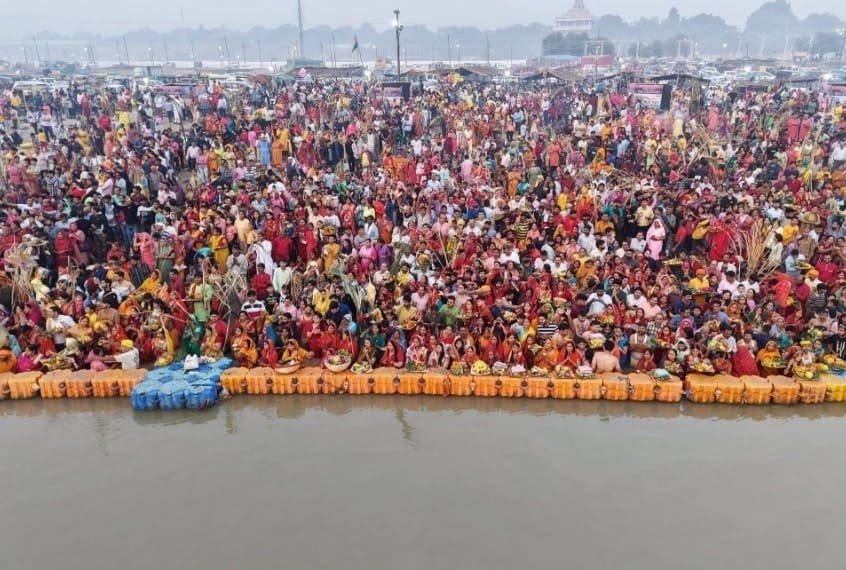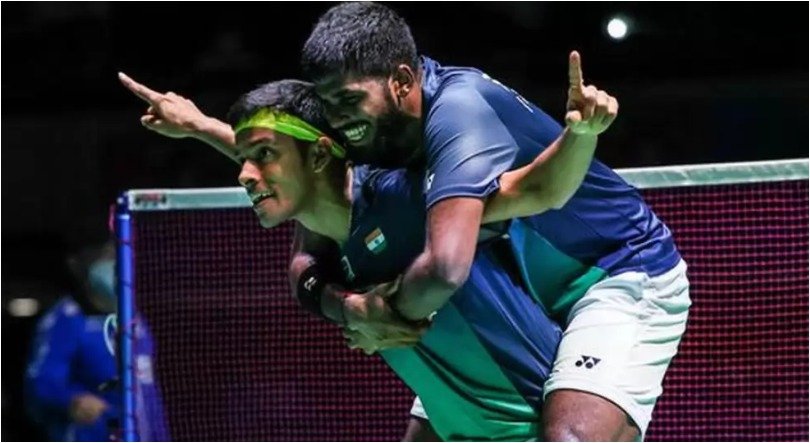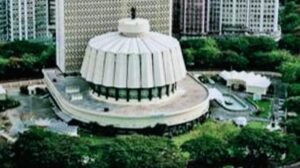
Lucknow, Aug 11 (IANS) “When I was two years old, I got polio in my right leg. 60% of my right leg was left disabled. People in my neighbourhood and even relatives would tell my parents, ‘A child as precious as gold has turned into dust.’ It hurt my parents deeply, and somewhere inside, they too would wonder, ‘What will my child do in life?’
That is how Abu Hubaida, now World No. 4 in men’s doubles para-badminton, remembers his earliest years. Today, he stands as one of India’s most consistent para-athletes, a four-time national champion and a Laxman Awardee, but his road has been shaped as much by resistance as by support.
Hubaida is one of India’s most celebrated para-badminton athletes, who has just got a bronze medal in men’s doubles (WH1- WH2) at the 2025 Asian Para-Badminton Championships in Nakhon Ratchasima, Thailand. Partnering with Prem Kumar Ale, Hubaida defeated Thailand’s A. Sai Len and A. Sriboran in straight sets (21- 12, 21- 12). This is India’s first-ever wheelchair doubles medal at the Asian continental level. “This win is not just a medal for me, but a moment of pride for every Indian para-athlete. I dedicate this to all those who dream beyond limits,” he said.
Growing up in Lucknow, he refused to be defined by his disability. “I would play gully cricket with my friends. Lucknow had good open spaces and some facilities, so I kept playing with my friends, and that’s where my sporting spirit came from,” he recalled.
In 2008, he first learnt about para sports. He started with athletics but soon realised that in Lucknow, there were neither the facilities nor the environment for para athletes to train at a level where they could bring home medals from national events.
“One friend told me about badminton. In 2011, there was a tournament in Chennai. I went there for the first time and saw that even people in wheelchairs played badminton. The India team’s secretary told me that my category was not standing but wheelchair. That’s when I realised I needed a proper sports wheelchair,” he said.
That need sparked another battle. Wheelchairs designed for sport were expensive, about Rs 40,000 at the time, and there was no official funding. “We started crowdfunding. At our mini stadium, the people who came to play collected contributions for me. We bought the wheelchair and then modified it for badminton,” Hubaida said.
The early days were modest, with just two or three people playing together. Hubaida, who had picked up basic badminton skills, began guiding other wheelchair users who had previously only played cricket. Then came a turning point.
“When I heard about Coach Gaurav Khanna, I found out he was also from Lucknow. He was an able-bodied referee and also coached the deaf badminton team. We contacted him. Luckily, he agreed to train us. He would come to us at 8 in the morning before going to his railway job, train us till about 9 or 9:30, and then head to work. His support in those early days was huge. Today, he is the head coach of the Indian para-badminton team, a Dronacharya Awardee and Padma Shri. I owe him a lot,” Hubaida said.
By 2012-13, he was playing in a proper sports wheelchair and soon delivered his first major win for Uttar Pradesh, a double gold medal. “That was a matter of great pride for me,” he said.
He also draws constant inspiration from senior players as well as his doubles partner Prem Kumar Ale. “They have always guided me. Today, Prem and I are World No. 4 and Asia No. 3 in men’s doubles. We are also the top-ranked Indian pair, and at the recent Asian Para Badminton Championship, we won the bronze medal.”
But the journey was never free of opposition. “There are two kinds of people: those who support you, and those who don’t. When we first spoke of wheelchair badminton in Lucknow, many people raised their hands and refused to let us enter the courts. We had to fight for our right to play. I even wrote to the government and sports officers. They tested our wheelchairs to check if they were non-marking. If they had marked the court, we would not have been allowed. Luckily, sports wheelchairs are non-marking, so we got permission,” he said.
The resistance wasn’t only from strangers. “In the beginning, even relatives would tell my parents not to let me play. They’d say, ‘Make him study. He can get a bank job. What is there in para sports?’ It hurt to hear that,” Hubaida admits.
“When I was five, kids wouldn’t play with me. But as I grew older, my friends supported me and encouraged me. Still, children can be cruel, and they would point out your weaknesses. It used to hurt, but later, as I began achieving in para sports, it became my motivation.”
Hubaida’s has so far won medals in Bahrain, Brazil, Dubai, Egypt, Japan; appearances in the Asian Para Games; and a consistent place among the world’s top four in his category.
–IANS
aaa/bc






